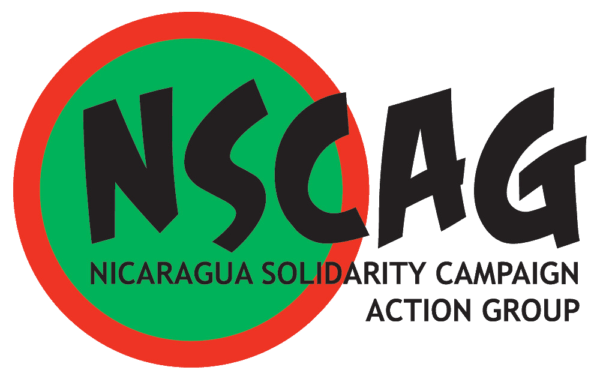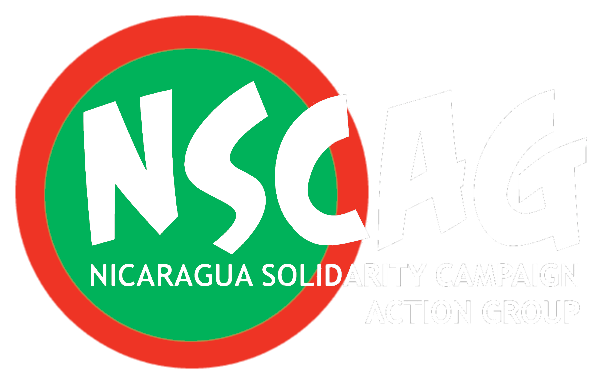Nicaragua Solidarity Campaign Action Group
30 December 2021
Education programmes that support rural development & the social economy
Winnie Narváez Herrera highlights how well integrated education and government programmes grounded in Nicaragua’s social and economic reality support the social economy that employs 80% of the work force.
For the past eight years Catalino Herrera Ochoa, whose family are peasant farmers, has worked as a gardener at a primary school in the northern town of Matagalpa.
At the same time, he has been been studying for a degree to become an engineer in sustainable rural development at UNICAM (The Rural University of the National Autonomous University). .
To complete his studies Catalino worked on a project to develop and market fungicides and biofertilisers using an ecological approach. His project won second place at a scientific conference organised by National Autonomous University (UNAN).
Catalino explains: “I chose these studies because I have always liked working in agriculture, the environment and conservation.’
‘At the same time as studying I taught classes in developing school gardens and supported the teachers in the growing basic grains and vegetables on one hectare of land owned by the school.’
Catalino has gone on to study at the Santiago Bovine Technology Centre, the largest of its kind in the country specialising in technology and infrastructure related to agriculture.
The course guarantees a learning contextualised in the socioeconomic interests of the area with 70% of the course based on gaining practical experience.
Now that he has graduated, with the support of Ministry of Family, Communal, Cooperative and Associative Economy (MEFCCA), Catalino plans to trademark his products in order to be able to market them through fairs.
Commenting on the migratory pressures in some municipalities in Matagalpa, Catalino stated: “We have a country rich enough in resources to be self-sustainable. We have plots of land and the necessary tools. The government promotes free technical careers whereby you can become your own boss something I have benefitted from. There is support from institutions such as MEFCCA and the National Institute of Agricultural Technology (INTA). We are all important for the social development of the country.”
This experience is but one example of the integration of development policies and the promotion of the social solidarity economy in Nicaragua.
This experience vindicates of the participatory model of education initiated by the Sandinista government focused on learning and working, where the participants are the protagonists.
It also highlights the co-operation between different institutions that promote a well integrated approach combining empirical and academic learning from contextualised university and technical training to the registration of trademarks and marketing.
The logic of this model promoted through the Nicaraguan National Development Plan is one of development not just based on reproducing capital for its own sake, but rather strengthening the capacity of self-employed workers, their families, co-operatives, communities and society as a whole.

